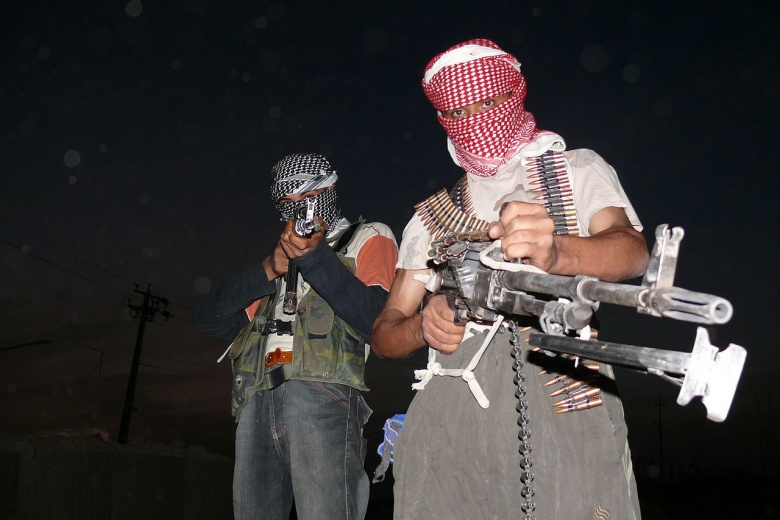Atif Jalal AhmadMichael Kugelman
As militants loyal to Islamic State (IS) claim responsibility for increasing numbers of attacks across the Middle East and North Africa, including a recent massacre of European tourists on a Tunisian beach, questions are arising as to just how far-reaching IS’s reach is across the world.
There is good reason to be concerned about the global spread of IS. For example, there are indications that South Asia may be the group’s latest front. Fighters loyal to IS have deepened instability in Afghanistan, especially in Nangarhar province where Taliban fighters have been pushed out. These pro-IS fighters may grow in number in light of the recently announced death of the Taliban’s Mullah Omar, which will likely lead some Taliban members to leave the organization and shift their allegiances to IS.
In fact, terrorist factions in several South Asian nations have already pledged allegiance to the Islamic State. A number of these groups—which include renegade factions of the Pakistani Taliban (TTP), Tehreek-e-Khilafat, and Islamic Movement of Uzbekistan—are based in Pakistan;two groups—the Heroes of Islam Brigade in Khorasan and the al-Tawheed Brigade in Khorasan—are in Afghanistan; and one—Ansar al-Tawhid—is based in India.
IS’s plans to deepen its global presence were made quite clear a year ago when pro-IS groups released a map detailing a five-year expansion plan. The graphic depicts the many countries that the group hopes to bring under its control as part of its self-proclaimed “caliphate.” And yet a close inspection of this map yields a striking discovery: One Muslim-majority nation that would seem to be an obvious IS target is not emblazoned with the group’s trademark black flag.
Bangladesh has apparently been spared.
This is surprising for several reasons. First, many European nationals of Bangladeshi origin have supplied IS with mercenaries. Additionally, the country is volatile, with constant political feuds and some radicalized elements of society. This makes the country quite vulnerable, particularly against the backdrop of IS’s increasing influence in nearby Afghanistan and Pakistan.
So why has Bangladesh avoided IS’s crosshairs?
Part of the answer can be gleaned from comments made by a former U.S. ambassador to Bangladesh, Dan Mozena. He has remarked: “A moderate, tolerant, democratic country, Bangladesh, the world’s seventh most populous country and third largest Muslim majority country, is a viable alternative to violent extremism in a troubled region of the world.”
Indeed, the majority of Bangladesh’s large Muslim population rejects violence, and the nation is more concerned with achieving economic prosperity amid numerous challenges. These range from a general disregard for the rule of law, rampant corruption, and a judicial system that suffers from political interference. These all provide a weak foundation for economic modernization. The lack of a national consensus on future policy has diminished momentum for economic reforms, and deteriorating prospects for near-term improvements in economic freedom make it unlikely that the relatively high growth rates of recent years can be maintained. And yet Bangladesh has somehow made great progress. Indeed, Bangladesh is a rare example of a Muslim-majority democracy with a growing economy.
While Ambassador Mozena has rightfully described Bangladesh as a moderate and tolerant country, there have admittedly been instances of extremist violence. The Jamaatul Mujahidin Bangladesh (JMB), which translates to “Party of the Mujahideen,” is a militant organization in Bangladesh that originated in 1998. The group gained international notoriety when itcoordinated an audacious, country-wide bombing campaign on August 17, 2005.
Source: The National Interest










